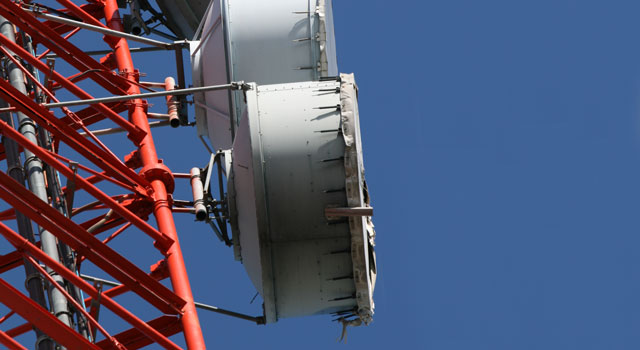
The Independent Communications Authority of South Africa’s (Icasa’s) complaints and compliance committee was meant to hear a complaint laid against Screamer Telecoms this week but has had to postpone the matter until September because its star witness, Sebastian Meyer, who investigated the matter for the regulator, is unavailable.
Meyer has been seconded by the National Joint Operation and Intelligence Structure to assist in providing security and communications support during the forthcoming visit of US president Barack Obama.
According to an affidavit from Meyer asking that he be excused from proceedings or that the matter be postponed, he was the inspector tasked by Icasa with leading the investigation into Screamer’s alleged transgressions and, as such, his testimony was “vital and goes to the heart of [Icasa’s] case”.
“This is due to the fact that I was responsible for obtaining the search warrants as well as the fact that I was physically present during the raid of [Screamer’s] premises. In short, I oversaw the entire investigation,” Meyer’s affidavit reads.
Wandile Tutani, the committee chairman, says representatives for both parties have agreed to the postponement and the matter will now be heard in mid-September.
Mark Wesley, the advocate representing Screamer Telecoms, has asked that the question of costs, if any, of any postponement be reserved until the matter is actually heard. The committee has agreed to this stipulation.
Icasa raided a number of Screamer’s offices in May 2011 and seized equipment from the company in the north of Pretoria and at a site near Germiston on the East Rand.
Screamer stands accused of using radio frequency spectrum allocated to state-owned broadcasting signal distributor Sentech.
Sentech holds 50MHz of spectrum in the coveted 2,6GHz band but hasn’t utilised it since its MyWireless Internet access network failed commercially years ago. Former senior managers at Sentech signed a questionable deal allowing Screamer (then Global Web Intact, or GWI), to use the spectrum.
The contract was later cancelled, with former Sentech chairman Quraysh Patel declaring to parliament in 2010 that the agreement was illegal. Sebiletso Mokone-Matabane was CEO of Sentech at the time.
In April, Sentech announced that it will hand back spectrum in the 2,6GHz and 3,5GHz bands. Sentech CEO Setumo Mohapi says the company decided to return the spectrum because of a new spectrum licensing regime introduced recently by Icasa, which has resulted in its payments increasing 10-fold. — (c) 2013 NewsCentral Media




